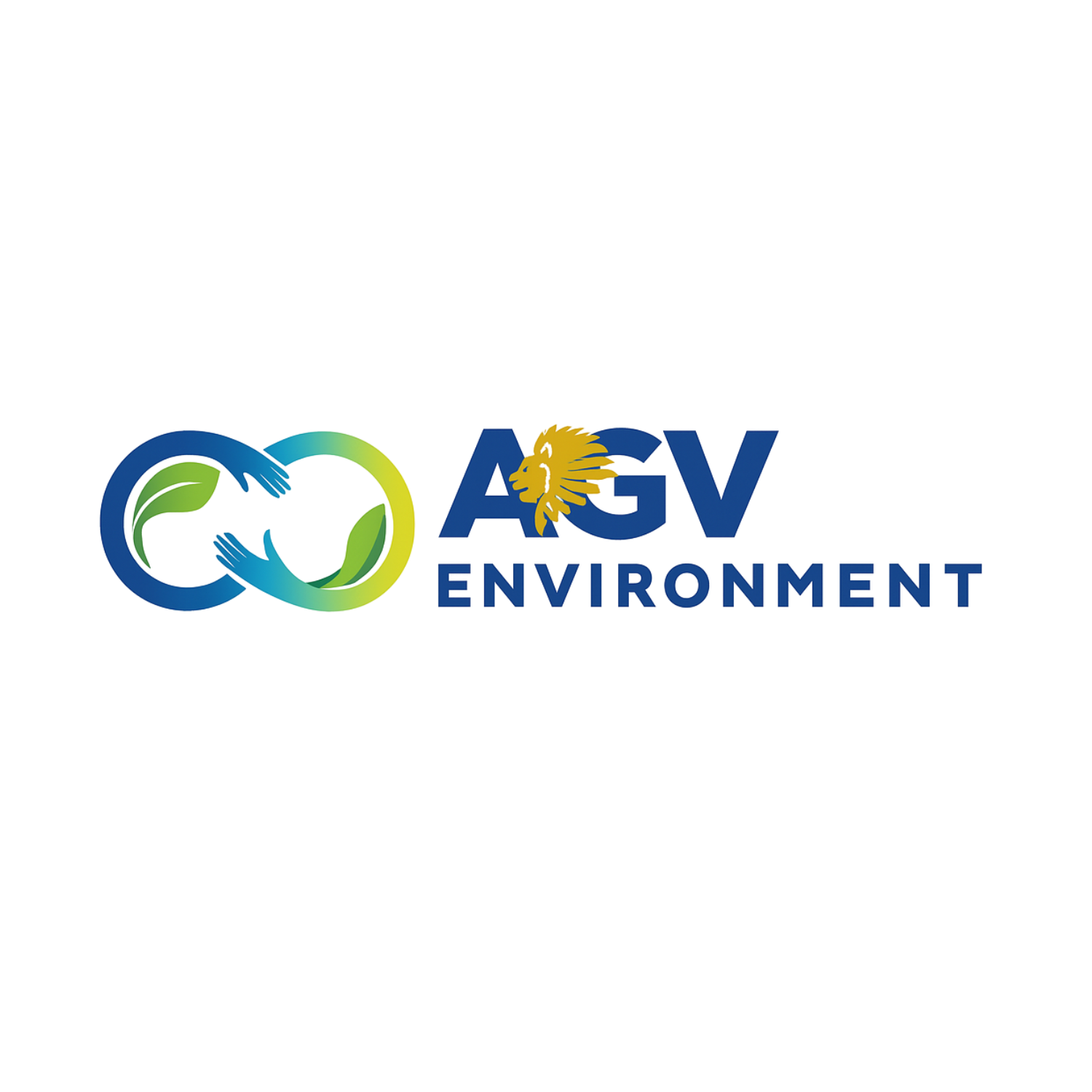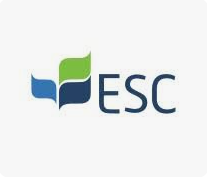10 Experienced Sustainability Consultants in Singapore Offering Environmental Assessments and Data-Driven Solutions
Corporate environmental and sustainability practices have become integral in today's business landscape as companies increasingly adopt eco-friendly initiatives to reduce their ecological footprint and contribute to global environmental preservation. From embracing renewable energy sources and implementing waste reduction strategies to promoting ethical sourcing and supply chain risk management, organizations are recognizing the importance of sustainable practices.
Beyond meeting regulatory requirements, these initiatives also enhance corporate social responsibility, foster positive brand image, and appeal to environmentally conscious consumers. As businesses strive for long-term viability, integrating environmental and sustainability practices has become a strategic imperative.
To gain insights on fostering sustainable initiatives and become a pioneer in corporate ecological responsibility, check out our selection of excellent environmental and sustainability consulting services agencies in Singapore.
Why Sustainability Consultants are Vital in Practising Sustainable Transformations That Increase Business Value
Environmental and sustainability initiatives for businesses have gained prominence due to their pivotal role in addressing global environmental challenges and contributing to the nation's commitment to sustainable development. Recognizing the importance of environmental stewardship, many companies in Singapore are integrating sustainable practices into their operations. This includes adopting energy-efficient technologies, implementing waste reduction programs, and engaging in eco-friendly supply chain management.
The significance of these initiatives lies in fostering resilience against climate change, mitigating environmental impact, and aligning with international standards. Additionally, businesses that prioritize sustainability often experience improved operational efficiency, reduced costs, and enhanced brand reputation, positioning them as socially responsible entities in a competitive market.
Consulting agencies play a crucial role in guiding businesses through the complex landscape of environmental and sustainability practices. They provide expertise in assessing environmental risks, developing tailored sustainability strategies, and ensuring compliance with regulatory frameworks. These agencies assist businesses in setting meaningful sustainability goals, measuring performance metrics, and implementing innovative solutions. By leveraging the expertise of consulting services agencies, businesses can navigate changing sustainability regulations and contribute meaningfully to both environmental conservation and long-term economic viability.
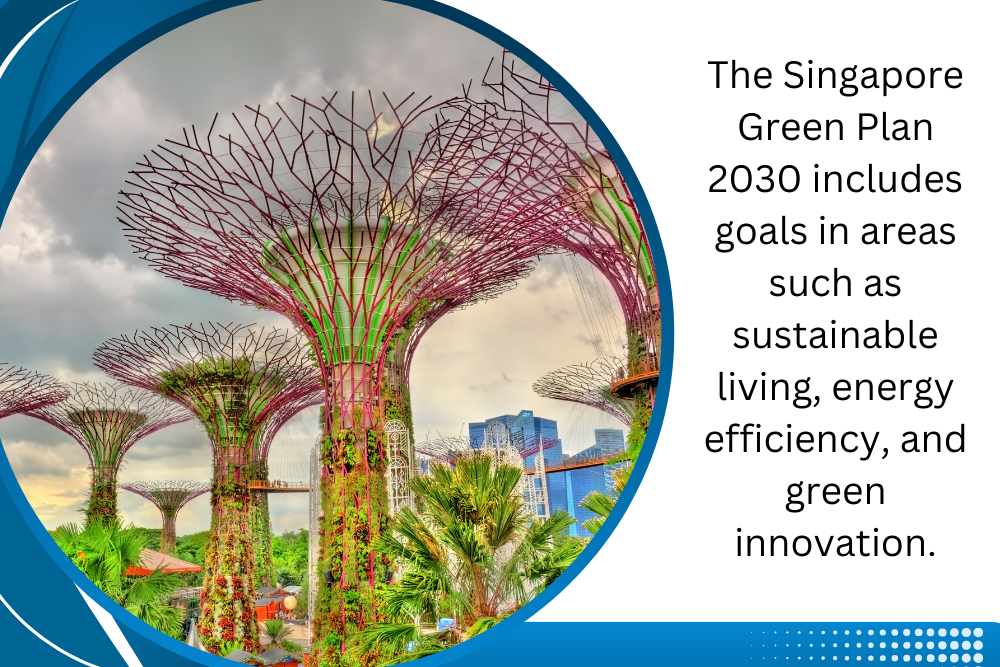
Sustainability Initiatives in Singapore
Singapore has positioned itself at the forefront of sustainability with a series of comprehensive initiatives addressing environmental concerns and fostering green development. The Sustainable Singapore Blueprint serves as a cornerstone, outlining a holistic approach to sustainability. This long-term plan encompasses key pillars such as water and energy efficiency, waste reduction, and green spaces, aiming to create a sustainable urban environment.
The Climate Action Plan further solidifies the country’s commitment to combating climate change. This initiative focuses on reducing carbon emissions, promoting energy efficiency, and investing in renewable energy sources. The country is actively working towards achieving its emission reduction targets, contributing to the global effort to address climate challenges.
In the financial sector, the Green Finance Action Plan is driving sustainable investment. This initiative supports environmentally friendly projects, encouraging financial institutions to integrate sustainability considerations into their decision-making processes. It aligns with global trends in responsible finance and positions Singapore as a hub for green investments.
The Singapore Green Plan 2030 represents a forward-looking strategy that consolidates and expands on existing sustainability efforts. It supports the global movement for net zero transition, setting goals in areas like sustainable living, energy efficiency, and green innovation.
Moreover, initiatives by the Accounting and Corporate Regulatory Authority (ACRA) complement these efforts. ACRA encourages companies to adopt sustainability reporting, providing transparency on their environmental and social impacts. This underscores the importance of corporate responsibility in Singapore's sustainability initiatives, fostering a culture of accountability and transparency among businesses. Together, these initiatives showcase Singapore's commitment to creating a sustainable and resilient nation in the face of global challenges.
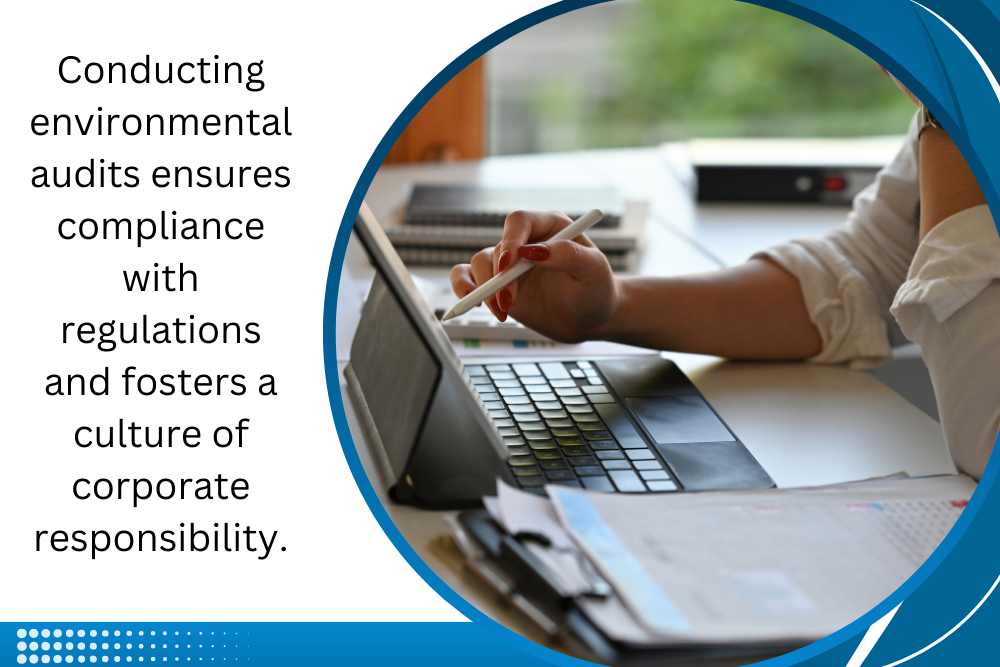
Environmental Assessment
Environmental audit and carbon footprint analysis are critical environmental and sustainability consulting components. These functions provide insights into how different processes and materials impact the environment.
Conducting environmental audits
Conducting corporate environmental audits is a strategic imperative for organizations seeking to proactively address sustainability issues and manage Environmental, Social, and Governance (ESG) risks. These audits involve a comprehensive examination of a company's environmental practices, assessing factors like energy consumption, waste management, and emissions. By identifying potential environmental liabilities and areas for improvement, companies can address ESG risks associated with regulatory non-compliance, reputational damage, and resource inefficiencies.
An effective environmental audit not only ensures compliance with environmental regulations but also demonstrates a commitment to responsible corporate citizenship. It enables businesses to incorporate sustainability into their core business practices, aligning with the growing expectations of stakeholders, investors, and consumers. Through the identification and mitigation of ESG risks, companies not only safeguard their reputation but also position themselves as leaders in sustainable business practices, founding their resiliency in the face of evolving environmental challenges.
Carbon footprint analysis
It is vital for companies to conduct an emissions inventory to assess their carbon footprint. This involves quantifying all Greenhouse gas (GHG) emissions associated with an organisation's operations, including direct and indirect emissions from on-site sources and energy consumption and supply chain activities. The emissions inventory should follow established protocols, including the Greenhouse Gas Protocol, to ensure consistency and comparability. It should also include all relevant GHGs, such as carbon dioxide, methane, and nitrous oxide.
Once the emissions inventory is complete, the next step is to analyse the results. This involves identifying the main sources of emissions and understanding their contribution to the organisation's overall carbon footprint. The analysis could also include a comparison of the current carbon footprint with previous years or industry benchmarks to identify areas for improvement.
This information is crucial in developing effective GHG reduction strategies. Carbon footprint analysis aims to identify opportunities for reducing carbon emissions and developing sustainable practices. Based on the emissions inventory and analysis results, organisations can develop targeted GHG reduction strategies. These strategies include switching to renewable energy sources and optimising transportation methods. It is important to prioritise reduction actions based on potential impact and feasibility.
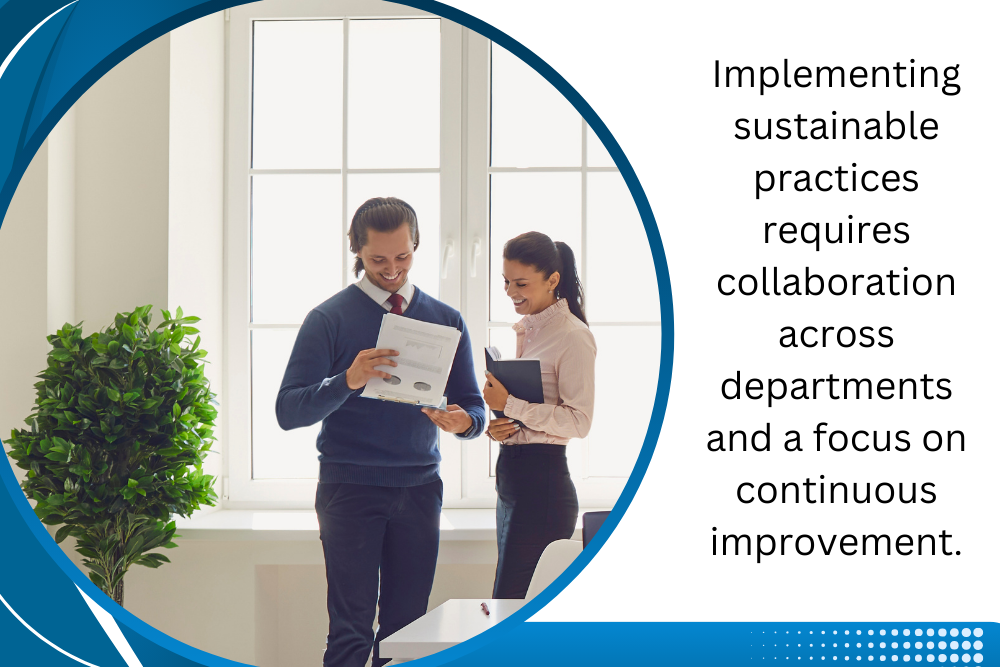
Sustainability Strategy Development
Corporate sustainability strategy development involves the formulation of comprehensive plans that integrate environmental, social, and economic considerations into business operations. Thought leadership in this realm entails pioneering innovative approaches, staying ahead of regulatory shifts, and championing sustainability practices that go beyond compliance, positioning the organization as a vanguard in responsible and forward-thinking business strategies.
Establishing sustainability goals
The first step in establishing sustainability goals is defining a business's short-term and long-term objectives. These objectives should align with the organisation's mission, vision, and core values. Short-term goals have a one to three-year timeline and are focused on achieving incremental improvements in sustainability performance. Long-term goals, meanwhile, are more visionary and aim for significant, transformative changes that could take five to ten years to achieve. In addition to internal objectives, sustainability goals should align with global and local sustainability standards. This ensures that a business's sustainability efforts align with established best practices and benchmarks.
Integration of sustainable practices into business operations
As the world becomes more environmentally conscious, businesses increasingly recognise the importance of integrating sustainable practices. This not only benefits the environment but also has a positive impact on the company's bottom line. One of the key areas where businesses make a significant impact is by focusing on energy efficiency. By optimising energy use in their operations, companies can reduce their carbon footprint and save on operational costs.
Environmental consultants work closely with businesses to identify areas where energy efficiency can be improved. This often includes recommending energy-efficient technologies and implementing sustainability solutions. Another critical aspect of sustainable practices is waste reduction and management. By minimising the amount of waste generated in their operations, businesses can reduce their impact on the environment and save costs associated with waste disposal. Environmental consultants help businesses develop waste reduction strategies by identifying areas for improvement and implementing sustainable waste management practices.
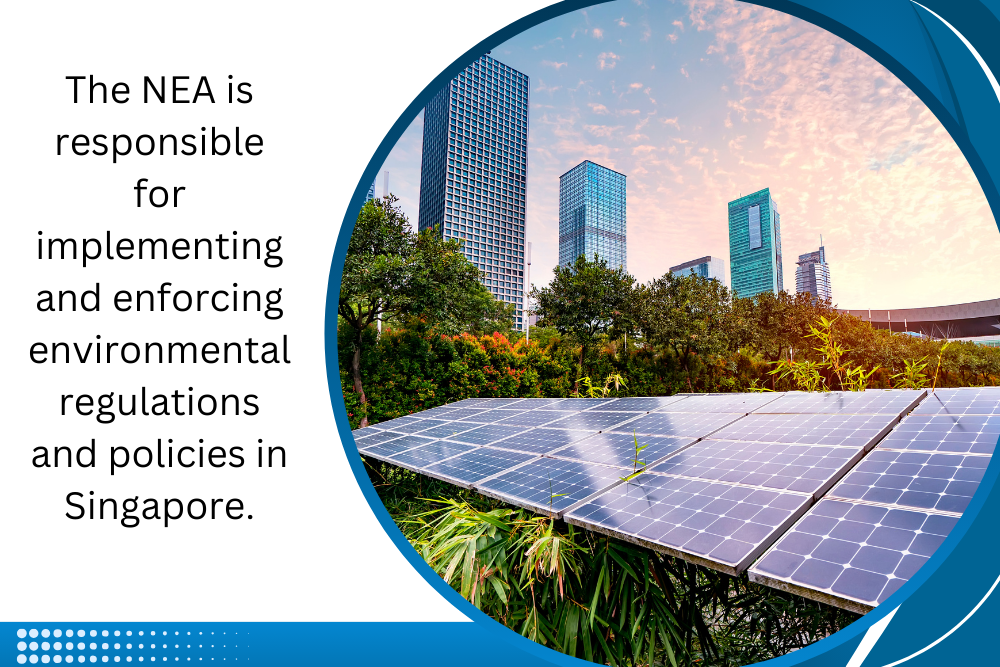
Regulatory Compliance
Environmental regulations are crucial in promoting and maintaining sustainable development. As a small, densely populated island nation, Singapore is at risk of the impacts of climate change and environmental degradation. Therefore, strict measures are in place to ensure that businesses and industries comply with environmental regulations. The key regulatory body for environmental issues in the country is the National Environment Agency (NEA).
The NEA is responsible for implementing and enforcing environmental regulations and policies to protect public health, maintain a high standard of living, and promote sustainable development in Singapore. Furthermore, for businesses looking to operate in Singapore, obtaining the necessary permits and approvals from the NEA is important. This includes environmental effect assessments, pollution control permits, and hazardous substance licenses.
Companies must also obtain approvals for specific activities such as handling and disposing of unsafe waste and setting up facilities near sensitive ecological areas. Singapore's environmental and sustainability consulting firms assist in navigating complex regulations and obtaining necessary permits and approvals. These firms have a deep understanding of regulatory practices and help businesses ensure compliance to avoid legal consequences.
In addition to obtaining initial permits and approvals, businesses need to stay updated on any changes in environmental regulations. As sustainability and environmental concerns continue gaining global attention, regulatory requirements constantly evolve and become more stringent. Environmental consulting firms continuously monitor regulatory changes and inform businesses of any updates or new requirements affecting their operations.
Stakeholder Engagement
It is vital to involve stakeholders – individuals or groups with a vested interest in the organisation's actions – to ensure the success of sustainable initiatives. Stakeholders include your employees, customers, investors, and local communities. Each stakeholder has a unique perspective and interest in the organisation's actions, making it crucial to identify them before launching any initiative.
Identification of key stakeholders
To identify stakeholders, environmental and sustainability consultants use stakeholder mapping techniques. This involves categorising stakeholders based on their level of influence and impact on the organisation's operations. By understanding the power dynamics and stakeholder relationships, consultants can tailor communication strategies to engage each group.
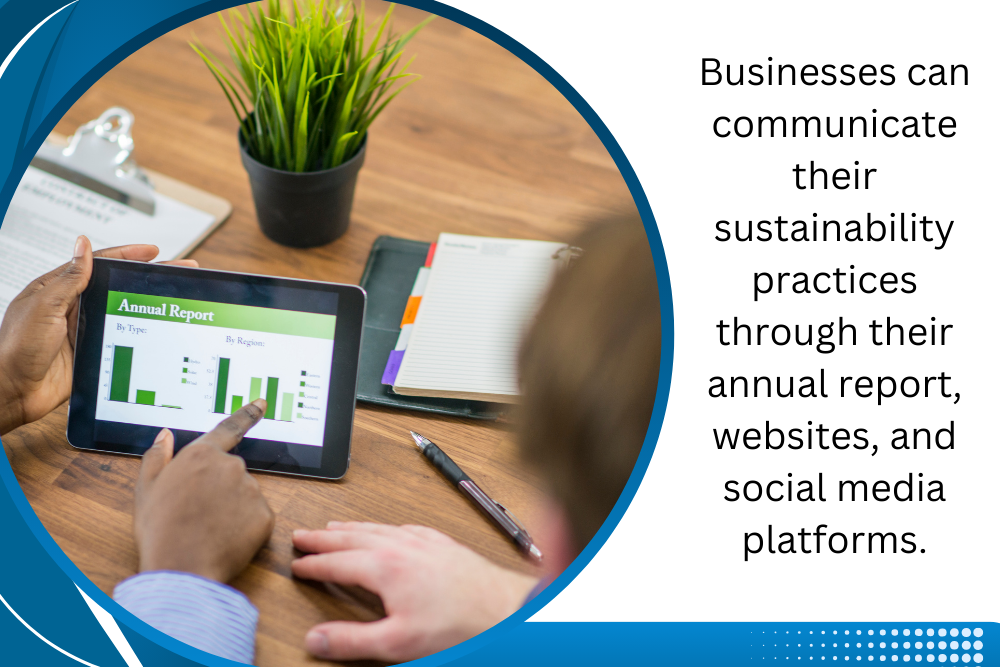
Developing communication strategies for stakeholders
Once key stakeholders have been identified, developing communication strategies that foster meaningful engagement is critical. This involves understanding the communication preferences and behaviours of each stakeholder group. For example, employees prefer face-to-face interactions, while investors are more interested in data-driven reports. Environmental and sustainability consultants also need to consider the content of their communication. Stakeholders are often more receptive when they understand how sustainable initiatives align with their values and interests. Therefore, framing communication to emphasise the mutual benefits of sustainability efforts is crucial.
Another important aspect of stakeholder engagement is maintaining open and transparent communication channels. This means providing regular updates on progress, addressing any concerns or issues stakeholders raise, and actively seeking their feedback and input. By involving stakeholders in decision-making processes, consultants can build trust and foster a sense of ownership among stakeholders.
Training and Capacity Building
Providing employee training and developing their capacity in sustainable practices is an effective approach to enhancing sustainability performance. Organisations must prioritise employees' needs and foster an environment conducive to learning and implementing new behaviours to accomplish this.
Employee training on sustainable practices
Employee training on sustainable practices is instrumental in cultivating an inclusive culture within organizations. By providing education on eco-friendly behaviours and the importance of sustainability, companies empower their workforce to actively participate in environmental stewardship. This training fosters a shared understanding and commitment to sustainable principles, contributing to a workplace culture that values social responsibility.
In an inclusive culture, employees feel a sense of purpose, belonging, and collective responsibility toward sustainable initiatives. As individuals gain knowledge and skills to integrate sustainability into their daily work, organizations not only reduce their environmental impact but also nurture a collaborative and environmentally conscious community within the workplace.
Capacity building for implementing and maintaining sustainability initiatives
This involves equipping individuals and organisations with the necessary resources and skills to implement and maintain sustainable initiatives. An example of this is the Sustainability Leadership Development Program (SLDP), which trains individuals to become leaders in sustainability.
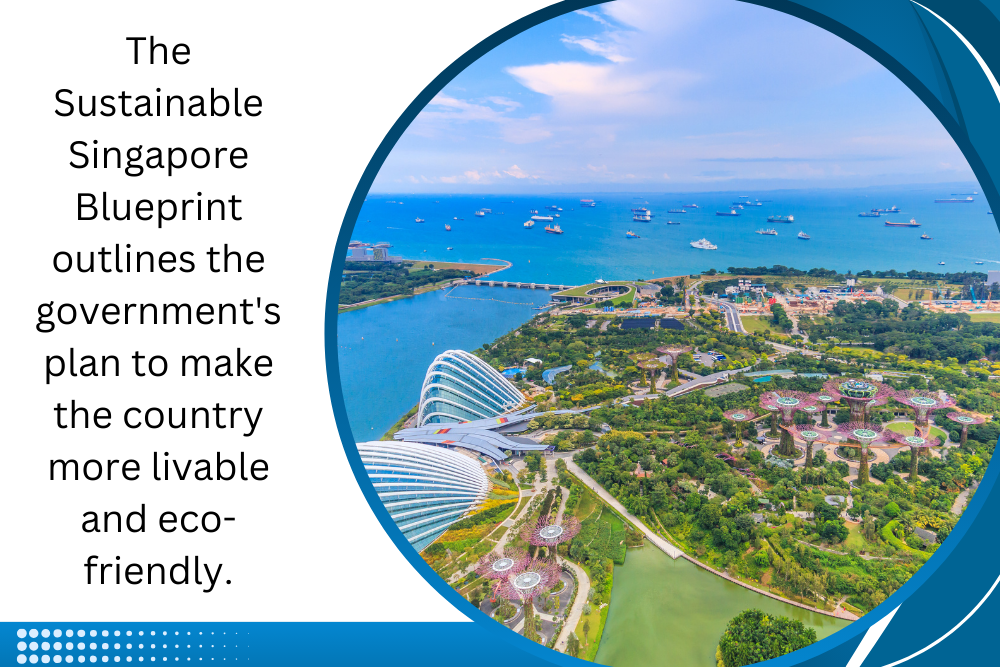
Through this program, participants develop skills in stakeholder engagement, sustainable project management, and communication. Furthermore, various organisations and government agencies offer workshops and seminars on sustainability best practices to help build the capacity of businesses and individuals. These programs cover sustainable procurement, green building design, and circular economy principles.
Awareness programs for stakeholders
A company’s stakeholders include their customers, suppliers, investors, and the general public. The Sustainable Singapore Blueprint, launched by the government in 2015, includes initiatives to promote sustainability awareness among stakeholders. These include campaigns and outreach programs to educate the public on sustainable practices and their environmental impact. Many businesses in Singapore have also made an effort to conduct educational workshops and events for their customers and suppliers. Organisations can create a larger impact and promote a more sustainable society by involving all stakeholders in sustainability efforts.
Performance Monitoring and Reporting
Performance monitoring and reporting is an important part of environmental and sustainability consulting. This involves regularly tracking key environmental and sustainability indicators to assess progress towards goals and inform decision-making processes.
Organisations must establish a clear set of metrics to implement performance monitoring in sustainability consulting projects. These metrics should align with the specific sustainability goals of the project, whether it be reducing greenhouse gas emissions or promoting renewable energy sources. Setting concrete metrics allows progress to be easily measured and compared over time. Once performance metrics have been defined, monitoring and reporting them is important. This involves collecting data through various methods such as surveys, audits, or remote monitoring systems.
The frequency of monitoring varies depending on the specific metrics and project timeline. However, it is critical to have a consistent schedule to ensure the accuracy and reliability of the data. The collected data then needs to be analysed and reported. Regular reporting on performance indicators also allows for transparency for the consulting firm and its clients.
The final step in performance monitoring and reporting is to use the data collected to drive continuous improvement strategies. By analysing trends and identifying areas for improvement, environmental and sustainability consultants help enterprises mitigate risk and make informed recommendations on how to achieve their goals more efficiently.
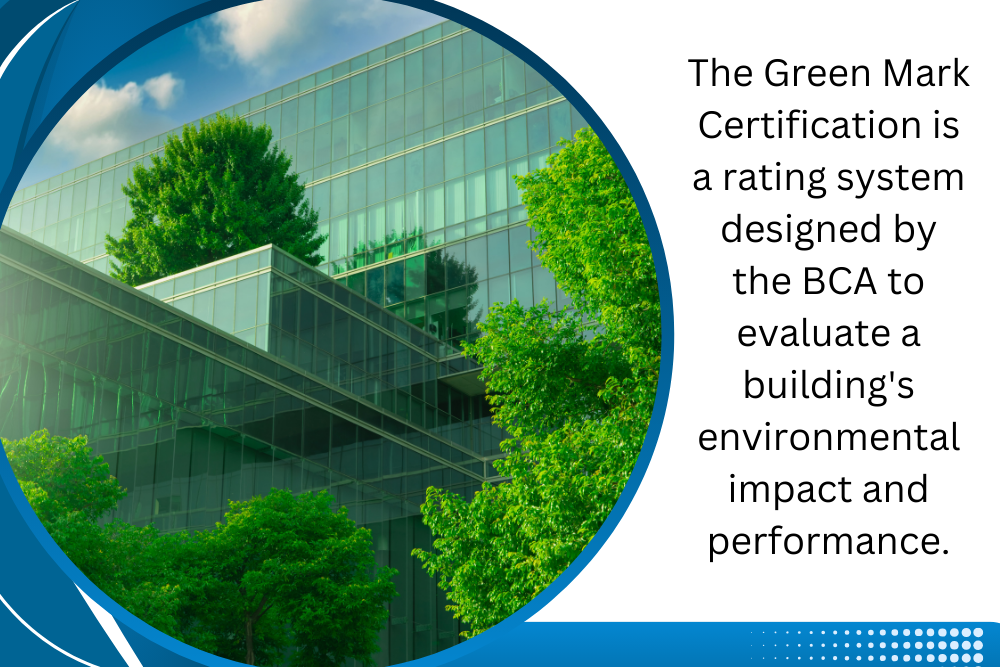
Green Certification and Recognition
Obtaining green certification is one way for businesses to demonstrate their commitment to sustainability. This refers to third-party verification of a company's sustainability practices, which serve as recognition for their environmental efforts. One of Singapore's most recognised green certifications is the Green Mark Certification, administered by the Building and Construction Authority (BCA).
This certification recognises environmentally friendly and sustainable buildings in design, construction, and operation. It also serves as an incentive for companies to adopt sustainable practices by offering tax incentives and rebates. To obtain the Green Mark Certification, companies must adhere to strict sustainability criteria set by the BCA. This encompasses both resource conservation and the quality of the indoor environment.
Companies seek assistance from environmental and sustainability consulting firms to help them meet these criteria and navigate the application process. Apart from green certification, there are other forms of recognition for sustainability achievements in Singapore. The NEA also administers the Singapore Environmental Achievement Awards, which recognises individuals and organisations that contribute greatly to environmental sustainability.
Financial Analysis
These environmental and sustainability consulting services support businesses on implementing sustainable practices and achieving green certifications. One aspect of these consulting services is conducting cost-benefit analysis for sustainability initiatives. This analysis is important as it helps companies identify potential cost savings and revenue generation opportunities, making sustainability more financially viable. Moreover, environmental and sustainability services also help companies identify potential funding opportunities for their sustainability initiatives. This encompasses government grants and subsidies available for businesses that adopt sustainable practices.
Sustainability has become an increasingly important topic in today's business landscape, with many companies strongly emphasising incorporating sustainable practices into their operations. If you're searching for a consultancy agency with an expertise in corporate sustainability to help you develop ecological and sustainable business practices, take a look at Becozon's selection of the top environmental and sustainability consultancy agencies in Singapore.
Latest Becozon Offer
Boost your business with these exclusive deals by our esteemed Becozon partners
Looking for a CRM software?
Get customisable, cloud-based sales and operations CRM software suitable for any industry. Contact us for a demo today!
Contact Us
